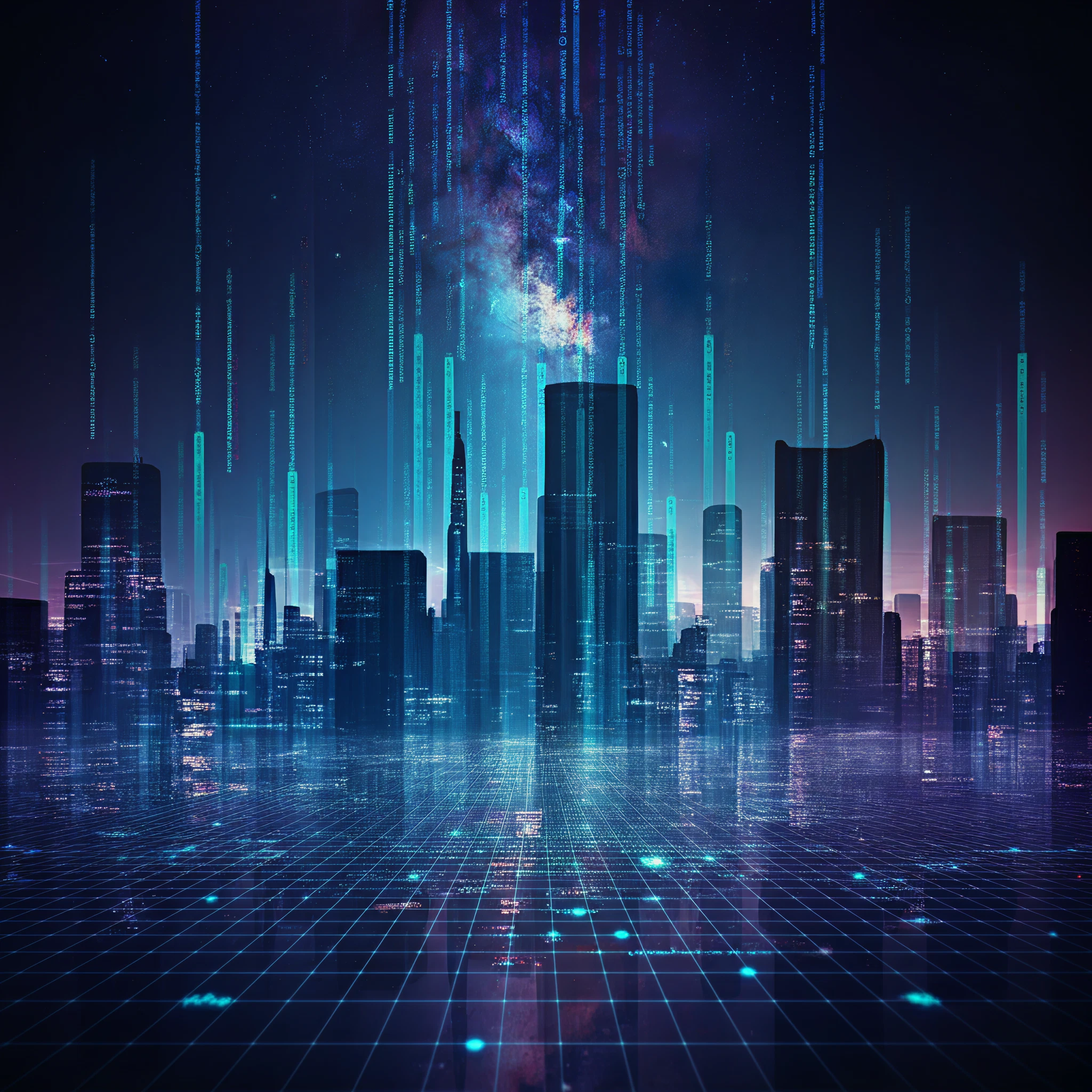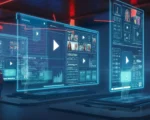What if everything we know about the universe—including the laws of physics and our own existence—is nothing more than a hyper-advanced program running on a cosmic supercomputer? It sounds like science fiction, but for years, the “simulation theory” has sparked debates among philosophers, scientists, and tech enthusiasts alike. Now, the idea has gained new traction with a bold claim from physicist Michael Vopson, who believes he’s found evidence of our universe’s “source code.”
But is the argument convincing? And if true, what would it mean for the way we understand reality? Here’s a deep look into the research, its implications, and why skeptics say we should be cautious before hitting “Enter” on this idea.
Who Is Michael Vopson?
Michael Vopson, an experienced physicist specializing in information theory and thermodynamics, is the man behind this bold claim. Vopson has spent years studying how information operates within physical systems and believes the key to understanding our universe lies in how it processes and organizes data. With an academic background rooted in computational and theoretical physics, his reputation for pushing conventional boundaries makes his approach both exciting and controversial.
The “Proof” of the Universe’s Source Code
Vopson’s claim rests on the premise of what he calls the “Second Law of Infodynamics.” Unlike the traditional laws of thermodynamics, which describe the relationship between energy, heat, and entropy, Vopson’s law focuses on information.
He argues that over time, the universe doesn’t devolve into chaos (as dictated by the Second Law of Thermodynamics). Instead, it compresses into increasingly efficient states of order, much like a well-optimized algorithm. Essentially, he suggests that the universe mirrors the structure of a data optimization program, with information continually refined into smaller packets of “order.”
To Vopson, this intricate organization of information across physical and biological systems might be evidence of an underlying “source code” dictating the behavior of everything we observe—from galaxies to DNA. For instance, genetic sequences in living organisms appear not to evolve randomly but instead follow patterns that reduce “information entropy,” ensuring the most efficient transfer of data.
What Exactly Is “Source Code” in This Context?
For the non-programmers among us, “source code” is a set of instructions that dictate how a program functions. Think of it as the blueprint for how a software system operates.
Applied to the universe, the idea of a “source code” suggests that our reality could be governed by mathematical instructions encoded in a digital substrate. The building blocks of our existence would then be akin to binary data, much like what you’d find in a computer program.
Counterarguments and Skepticism
While the concept of an algorithmic universe is fascinating, many experts are less convinced. Critics argue simulation theory treads dangerously close to pseudoscience, with little empirical evidence to back it up.
Some scientists point out major philosophical and theological overlaps. Does a cosmic “source code” imply a programmer, much like a deity in religious systems? Others question whether phenomena like Vopson’s “efficiency patterns” are simply natural laws misinterpreted through the lens of modern computation.
Astrophysicist Neil deGrasse Tyson, a prominent voice in the scientific community, has previously said he gives simulation theory a “50-50 chance” of being true but notes the inherent difficulty in proving such an idea. “It’s challenging to distinguish between a simulated reality and one that simply obeys inherent patterns and laws,” Tyson explains.
Additionally, the theory faces technical roadblocks. For example, how would scientists tangibly study, measure, or quantify this alleged source code? Critics argue Vopson is stretching thin connections between observable data and algorithmic logic, offering little concrete experimental proof.
Glimpses of the “Code”: Glitches and the Double-Slit Experiment
One of the arguments supporting simulation theory comes from so-called “glitches” in our universe. Proponents often cite quantum mechanics, specifically the Double-Slit Experiment, which demonstrates how particles like electrons behave differently when observed, as evidence.
This bizarre behavior—where particles alternate between waves and particles depending on whether they’re being watched—is seen by some as analogous to video game programming, where resources are only rendered once a player turns to view them.
Additionally, reports of anomalies like “déjà vu” or uncanny coincidences are occasionally framed as errors in the simulated matrix. Though fascinating, many scientists dismiss these ideas as speculative anecdotes rather than actual evidence.
What If the Universe Is a Simulation?
If Vopson’s claims hold any merit, the implications are mind-boggling. First, it would completely redefine humanity’s understanding of existence. Questions of free will, morality, and purpose would need to be re-examined through a digital lens. After all, if we’re just code, does that mean we lack true agency?
Second, it opens up questions about the nature of our creators (or programmers). Who are they? Why did they create us? And could they alter or even terminate our reality?
Finally, simulation theory provides an opportunity for innovation. If our universe operates like a program, could we, in theory, learn to “hack” it, gaining insights or even control over its systems?
Limitations and Ethical Dilemmas
Despite its allure, many elements of Vopson’s theory remain hypothetical. Without tangible evidence of a source code, much of this discussion remains speculative. It’s also unclear how researchers could begin testing or falsifying these claims, a key tenet of scientific discovery.
Philosophically, simulation theory raises unsettling ethical questions. Would treating reality as a simulation diminish the value we place on human lives and natural systems? Could it lead to nihilistic attitudes or justify harmful behavior, under the notion that nothing is truly “real”?
Public Reaction and Media Buzz
Media coverage of Vopson’s claims has ignited widespread debate online. While some see his ideas as groundbreaking, others have dismissed them as headline-grabbing pseudo-science. Social media users, particularly Reddit’s r/Futurology and r/SimulationTheory, have exploded with discussions. Enthusiasts are calling Vopson a visionary, while skeptics accuse him of repackaging age-old philosophical musings in high-tech jargon.
Regardless of where you stand, one thing is clear: simulation theory continues to fascinate society, bridging the gap between hard science and existential pondering.
Final Thoughts
The question “Do we live in a simulation?” may ultimately lead to as many questions as answers. While Michael Vopson’s ideas offer an exciting lens through which to explore reality, the scientific community rightly demands rigorous scrutiny before accepting such extraordinary claims.
For now, the universe retains its mysteries. And perhaps, in its unknowable vastness, it’s precisely this uncertainty that keeps us searching, questioning, and exploring.








